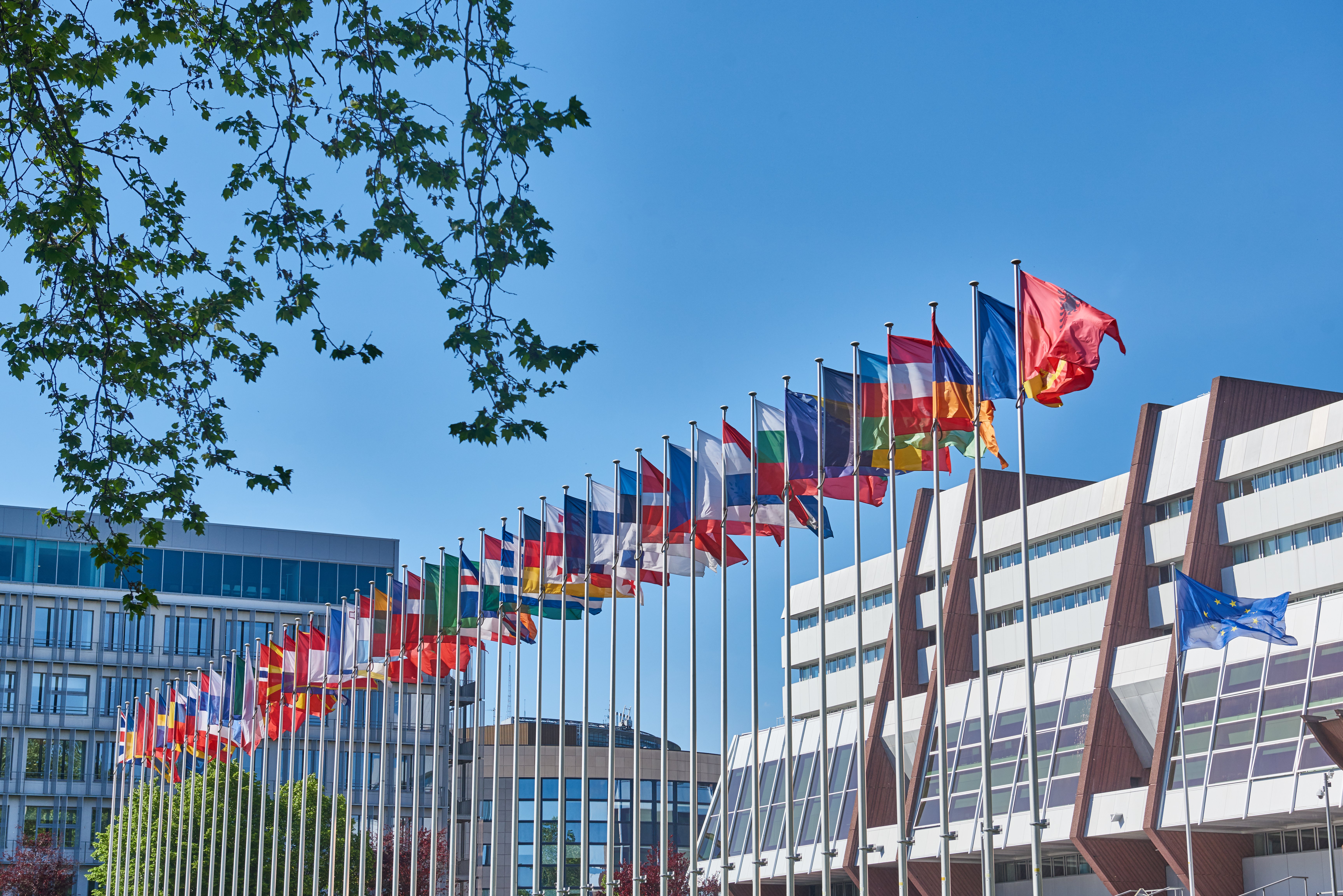Eight years after the Council of Europe gave Spain a list of recommendations on preventing corruption among MPs, judges and prosecutors, three out of its 11 recommendations have only been partially addressed, while a fourth area hasn't been implemented at all: that of evaluating and reforming the legal framework governing the General Council of the Judiciary (CGPJ) - a body which for the last four of those years has been at the centre of a deadlock on the renewal of senior judicial appointments, a matter of "critical concern", says the report "which needs to be addressed as a matter of priority."
The report released this Monday by a Council of Europe body, the Group of States against Corruption (GRECO), is the fourth progress report on Spain's slow implementation of the 2014 recommendations, and the country will now have one more year before GRECO again measures its progress. One of the areas that it regards as "concerning" are the links between the Spanish government and the head of the country's public prosecution service. GRECO has called for the establishment of "clear criteria and processes to increase transparency" in the relationship between the Spanish executive and the Prosecutor General. The body reiterated that it is necessary to change the "selection method and the term of tenure": the times of selection of the country's chief prosecutor should not coincide with the renewal of the executive, a recommendation that has been ignored, according to the group's report. This administrative silence over what the Council calls "a long-standing concern" has had the effect of "tainting the autonomy of the prosecution service in Spain".
Deadlock of judicial council
In addition to the criticism of the relationship between the Spanish executive and the Prosecutor General, the Council of Europe has also underlined the seriousness of the "four year deadlock" of the governing judicial body, the General Council of the Judiciary (CGPJ), labelling the issue as "critical". The GRECO report "again reiterates" the need for the members of the CGPJ to be chosen by the judges themselves, not by politicians, spelling out the standards which should be applied: "when there is a mixed composition of judicial councils, for the selection of judge members, the standards provide that judges are to be elected by their peers and that political authorities, such as Parliament or the executive, are not involved at any stage of the selection process," the document reads.
The Council group also criticizes that the Spanish state has not followed its recommendation to guarantee "independence", "impartiality" and "transparency" in the appointments of high-ranking officials in the judiciary. The Council regrets "the lack of any new development in this domain".
Furthermore, GRECO indicates that more transparency is needed in the relationship between parliamentarians and lobbyists, as well as giving them guidance on maintaining "integrity" and "accountability". Specifically, the report points out that half of Spanish parliamentarians do not include their meetings with lobbies in institutional agendas that they are required to publish. "More determined actions in this area" are required, it says.
Overall, the report concludes that in matters of "Corruption prevention in respect of members of parliament, judges and prosecutors", seven out of the eleven recommendations made in January 2014 have now been "implemented or dealt with satisfactorily". At the time of the first compliance report in early 2016, none of the recommendations had been complied with, and this situation was unchanged when a new progress report was released in early 2018. Since then, implementation has begun, but eight years after the original report on Spain, there are still three areas which are only partially addressed (those concerning lobbyists, judicial appointments and appointment of the head prosecutor) and one which remains wholly unimplemented: evaluation and possible reform of the legislative framework governing the CGPJ, relating to its independence from "any undue influence". The paralysis of the renewal process for appointments to that body, four years overdue, is regarded by the report as "a highly unsatisfactory situation" and it stresses the need for the state to "take determined action in this key area."

